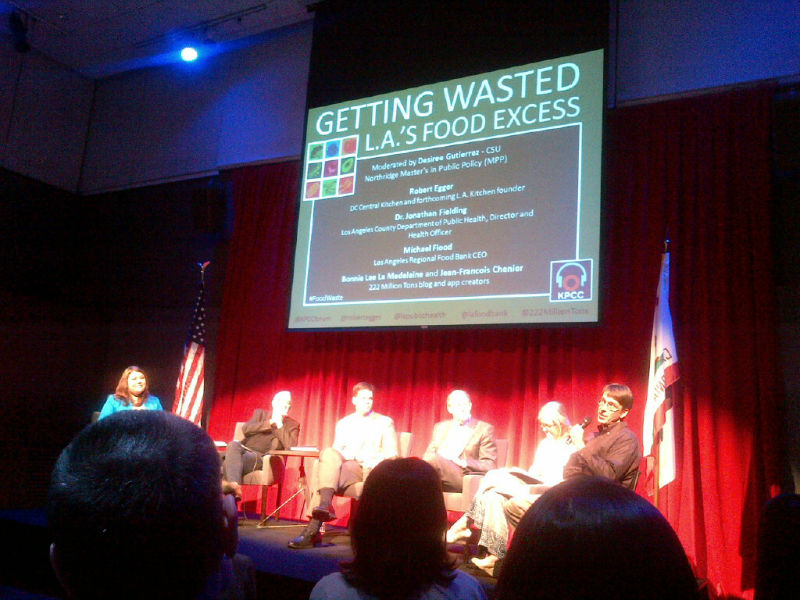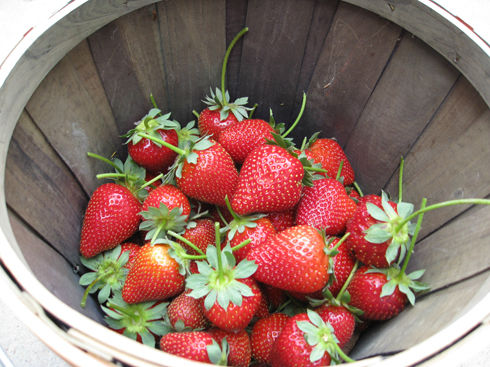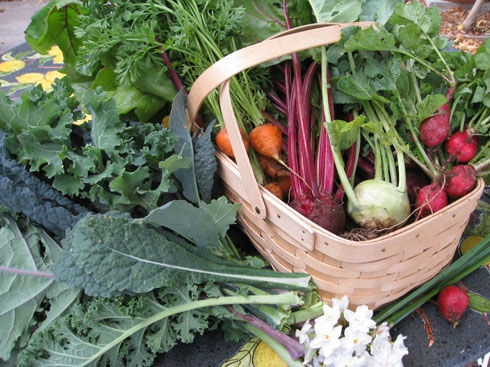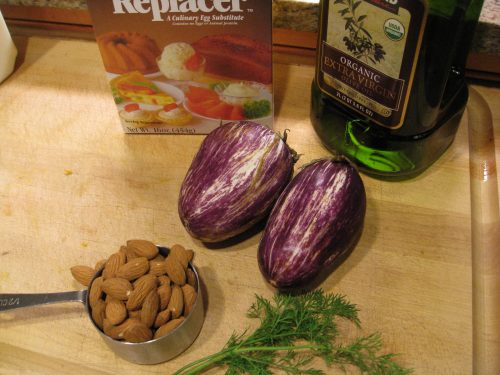I had the pleasure of attending an event last night called Getting Wasted, which focused on how much food is wasted in our country. From farm to table and from table to trash, we throw away a lot of food. A gathering of experts shed light on the subject. It was enlightening and informative, and I’d like to share some highlights with you.
- 40% of all food in the U.S. is wasted. What? How?
My first thought was, sure – farmers have to throw away anything that has a blemish because people will only buy perfect-looking produce. Surprisingly though…
- The highest percentage of waste comes from consumers. Eek! Us? How is this possible?
It’s pretty straight forward; we order too much food at restaurants, we bring home groceries and forget about them in the fridge, and generally speaking our eyes are bigger than our stomachs.
- 222 million tons of food are wasted each year in the U.S. That’s 263 million pounds of food every single day.
It happens at school, where lunch programs require kids to take an entirely new meal if they just want another of one item. It happens at grocery stores, where expiration dates have past.
Michael Flood from the LA Regional Food Bank was present, telling how they recover food from grocery stores and other food organizations to provide 650 institutions with resources to feed their hungry. Robert Egger from DC Central Kitchen (and soon to be founder of the upcoming L.A. Kitchen) spoke of how they offer job training, work and educational opportunities while feeding the community each year. The work they are doing is outstanding, but…
- Food banks capture only 10% of food waste.
There is so much more we can do!
Places like Food Forward have started a Market Recovery Program to collect less-than-perfect produce at the end of farmers’ markets to redistribute to food banks. They constantly need volunteers to cover areas they can not reach.
And we can reduce waste at home (since we carry the lion’s share of responsibility for food waste overall). Here are some tips you can try (find more in Gardening for Geeks too!):
Make a meal plan – planning ahead will help you use what you have and buy only what you need. Check out 222 Million Tons for a great app that helps you plan, shop and use all your food wisely. Here in the Gardenerd kitchen, we choose 1 or 2 recipes per week to make with what’s growing in the garden, and buy additional supplies with intention.
Store food properly – when you bring food in from the garden or the trunk, put it in containers that help preserve freshness. Clear containers make it easier to see what’s in the fridge and are less likely to go unnoticed. Wash delicate fruits only before eating, since water can breed bacteria.
Love your leftovers – in some countries there is a stigma about taking leftovers home from restaurants. Thankfully we can embrace the concept here. Leftovers are a gift! You don’t have to cook, wash dishes or expend energy coming up with a meal. Just be sure to consume them before they go bad.
Compost the rest – or get a worm bin, chickens, or other small livestock that love to eat what you don’t want. It’s a way to close the loop, save money on feed, and fertilize your garden.
Educate yourself – some countries decided to remove expiration dates from products, replacing them with “sell by” dates instead. This resulted in less food waste. Those dates are sometimes arbitrary, so it’s best to educate yourself on how long food really lasts. Visit StillTasty.com and EatbyDate.com to find out how long that jar of chutney is going to last.
On a final note, I’ll leave you with this tip: Donating food is not illegal. There is a Good Samaritan law that protects people from being prosecuted if someone gets sick from donated food. Use common sense and help reduce waste nationwide.





Pingback: Infograph: How to Store Food Right - Gardenerd